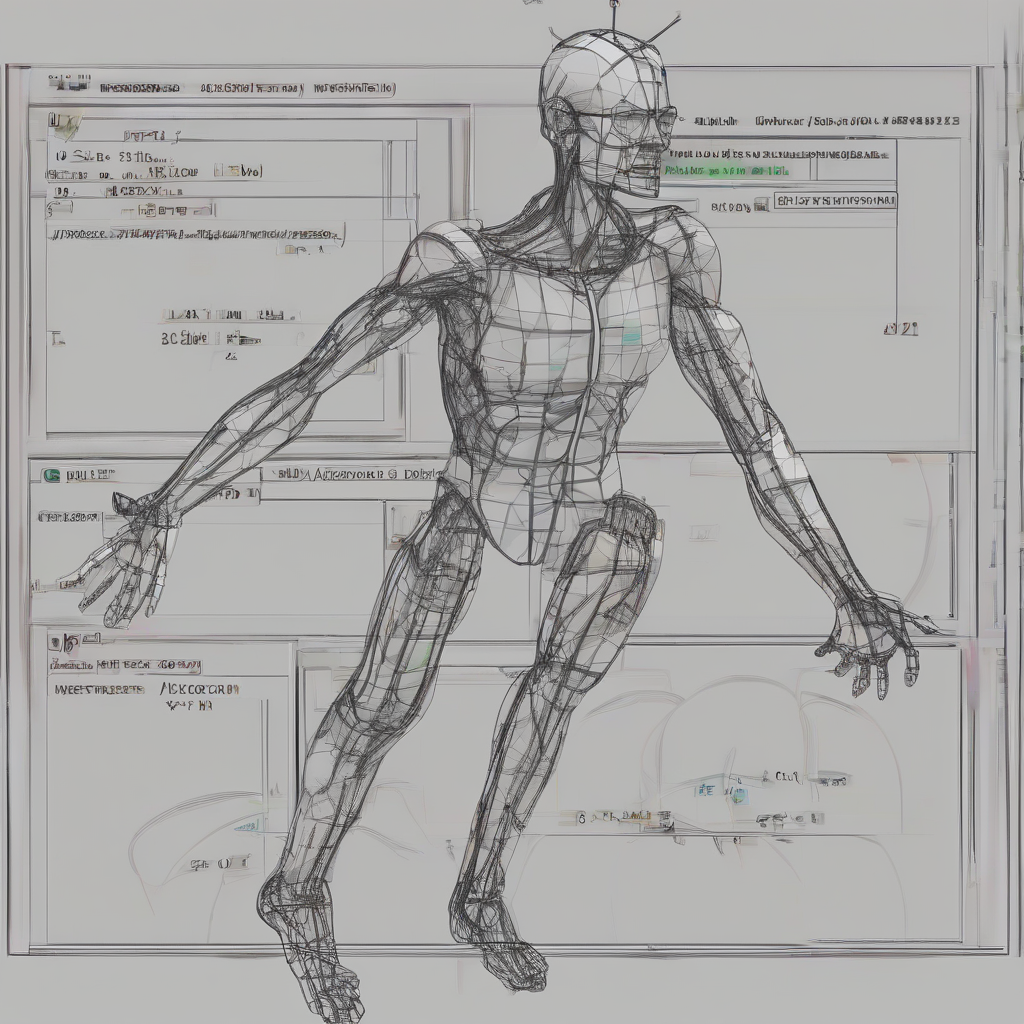
Unlocking Potential: A Comprehensive Guide to the Industrial-Organizational Psychology Degree
An Industrial-Organizational (I-O) psychology degree delves into the application of psychological principles within the workplace. It’s a field that bridges the gap between academic theory and practical business solutions, offering a unique blend of scientific rigor and real-world impact. This comprehensive guide explores the intricacies of an I-O psychology degree, from its core components and career paths to the skills acquired and the educational journey involved.
What is Industrial-Organizational Psychology?
I-O psychology is a specialized branch of psychology that focuses on improving the workplace environment and enhancing employee performance. I-O psychologists apply psychological theories, research methods, and data analysis techniques to address challenges related to employee selection, training, motivation, leadership, organizational structure, and overall workplace effectiveness. They are essentially the behavioral scientists of the business world.
- Selection and Assessment: Developing and implementing effective methods for recruiting, screening, and selecting employees. This involves crafting job descriptions, designing assessments (personality tests, aptitude tests, interviews), and ensuring fair and unbiased hiring practices.
- Training and Development: Designing and delivering training programs to improve employee skills, knowledge, and performance. This includes needs analysis, program development, delivery methods, and evaluation of training effectiveness.
- Performance Management: Developing and implementing systems for measuring, evaluating, and improving employee performance. This often involves creating performance appraisal systems, providing feedback, and identifying areas for improvement.
- Organizational Development: Addressing organizational-level issues such as improving communication, enhancing team dynamics, managing change, and fostering a positive work environment. This includes interventions aimed at improving organizational culture and structure.
- Human Factors and Ergonomics: Focusing on the interaction between humans and their work environment, with the goal of optimizing efficiency, safety, and well-being. This could involve designing workspaces, equipment, and processes to minimize errors and maximize productivity.
- Job Satisfaction and Well-being: Investigating factors that contribute to employee job satisfaction, engagement, and overall well-being. This includes exploring issues such as stress management, work-life balance, and organizational justice.
Core Components of an I-O Psychology Degree
An I-O psychology degree program typically includes a combination of coursework, research, and practical experience. The curriculum is designed to equip students with the theoretical knowledge and practical skills necessary to succeed in the field. Key components usually include:
- Research Methods: Students learn the fundamental principles of research design, data analysis, and statistical methods crucial for conducting rigorous research and interpreting results.
- Statistics: A strong foundation in statistics, including descriptive and inferential statistics, is essential for analyzing data and drawing valid conclusions.
- Organizational Behavior: Understanding individual and group behavior in organizational contexts, including topics such as motivation, leadership, teamwork, and conflict management.
- Personnel Psychology: Focusing on issues related to employee selection, training, performance appraisal, and compensation.
- Organizational Psychology: Examining organizational structure, culture, change management, and other factors that impact employee behavior and organizational effectiveness.
- Human Factors Psychology: Exploring the interaction between humans and machines, focusing on improving workplace safety, efficiency, and user experience.
- Psychometrics: Learning about the theory and application of psychological tests and measurements, including the development, administration, and interpretation of various assessment instruments.
- Industrial/Organizational Research: Conducting research projects, analyzing data, and writing research reports, often culminating in a thesis or capstone project.
Career Paths for I-O Psychologists
A degree in I-O psychology opens doors to a diverse range of career paths across various industries. Graduates can work in diverse settings, including:
- Consulting Firms: Working as consultants to help organizations improve their human resources practices, solve workplace problems, and enhance overall effectiveness.
- Corporations: Employed in human resources departments, contributing to talent acquisition, training, performance management, and organizational development initiatives.
- Government Agencies: Working for federal, state, or local government agencies, conducting research, developing policies, and providing expertise on human resource issues.
- Academia: Pursuing a career in academia, conducting research, teaching I-O psychology courses, and mentoring students.
- Research Institutes: Contributing to research on workplace issues and developing evidence-based solutions to improve organizational effectiveness.
- Non-profit Organizations: Applying I-O psychology principles to enhance the effectiveness of non-profit organizations and address social issues.
Skills Developed Through an I-O Psychology Degree
An I-O psychology degree equips students with a unique blend of hard and soft skills highly valued in the workplace. These skills include:
- Research Skills: Designing and conducting research studies, collecting and analyzing data, and drawing valid conclusions.
- Data Analysis Skills: Proficiency in statistical software and techniques for analyzing quantitative and qualitative data.
- Problem-Solving Skills: Identifying and diagnosing workplace problems, developing effective solutions, and evaluating their impact.
- Communication Skills: Effectively communicating research findings, presenting information to diverse audiences, and working collaboratively with others.
- Critical Thinking Skills: Evaluating evidence, identifying biases, and making informed judgments based on data and theory.
- Interpersonal Skills: Building rapport with employees, managers, and clients, fostering effective teamwork, and managing relationships.
- Leadership Skills: Guiding and motivating teams, providing feedback, and leading organizational change initiatives.
- Project Management Skills: Planning, organizing, and executing research projects and organizational interventions effectively.
Educational Journey: Pursuing an I-O Psychology Degree
The path to becoming an I-O psychologist typically involves pursuing a bachelor’s degree, followed by a master’s or doctoral degree. Here’s a breakdown:
- Bachelor’s Degree: A bachelor’s degree in psychology or a related field provides the foundation for further study in I-O psychology. It’s important to take relevant coursework in statistics, research methods, and organizational behavior.
- Master’s Degree: A master’s degree in I-O psychology offers more specialized training in the field, allowing students to focus on specific areas of interest. Many master’s programs include internship opportunities, providing valuable practical experience.
- Doctoral Degree (PhD or PsyD): A doctoral degree is generally required for those pursuing academic or research-oriented careers in I-O psychology. Doctoral programs involve extensive research, culminating in a dissertation that contributes original knowledge to the field.
Licensure and Certification
Licensing requirements for I-O psychologists vary by state and country. In some regions, licensure is necessary to practice independently as a psychologist, while in others, it is not required. However, professional certifications, such as those offered by the Society for Industrial and Organizational Psychology (SIOP), can enhance career prospects and demonstrate expertise in the field.
The Future of I-O Psychology
The field of I-O psychology is constantly evolving, with new challenges and opportunities emerging in the rapidly changing work landscape. Technological advancements, globalization, and the increasing importance of employee well-being are shaping the future of the field. I-O psychologists will play a vital role in addressing these challenges by developing innovative solutions to improve workplace effectiveness, promote employee well-being, and navigate the complexities of the modern workplace.
Conclusion (Omitted as per instructions)


